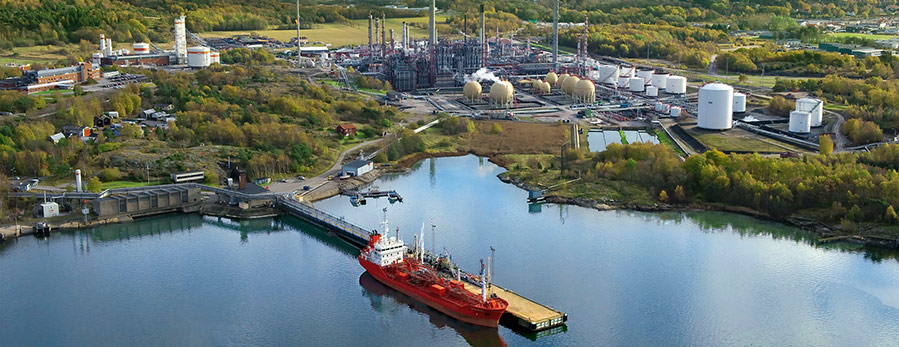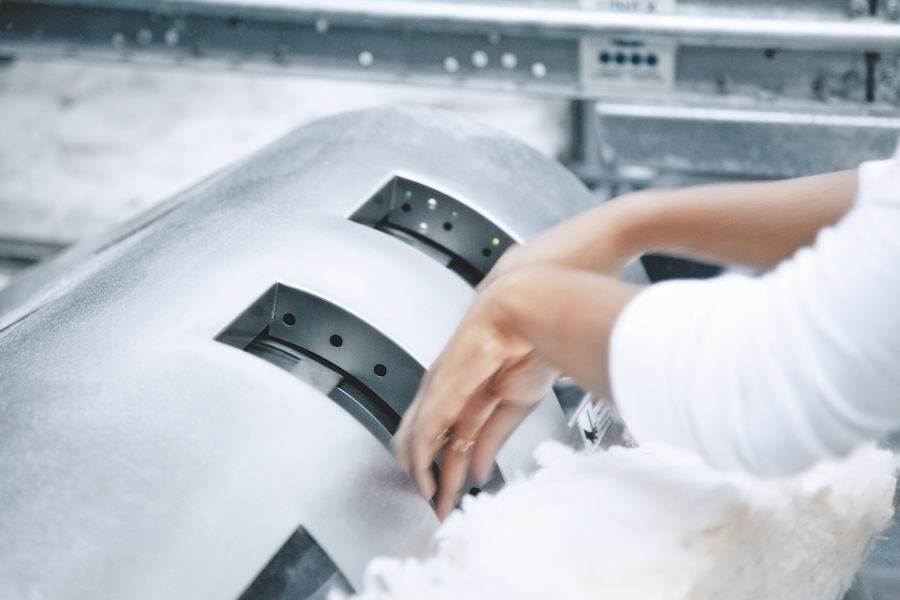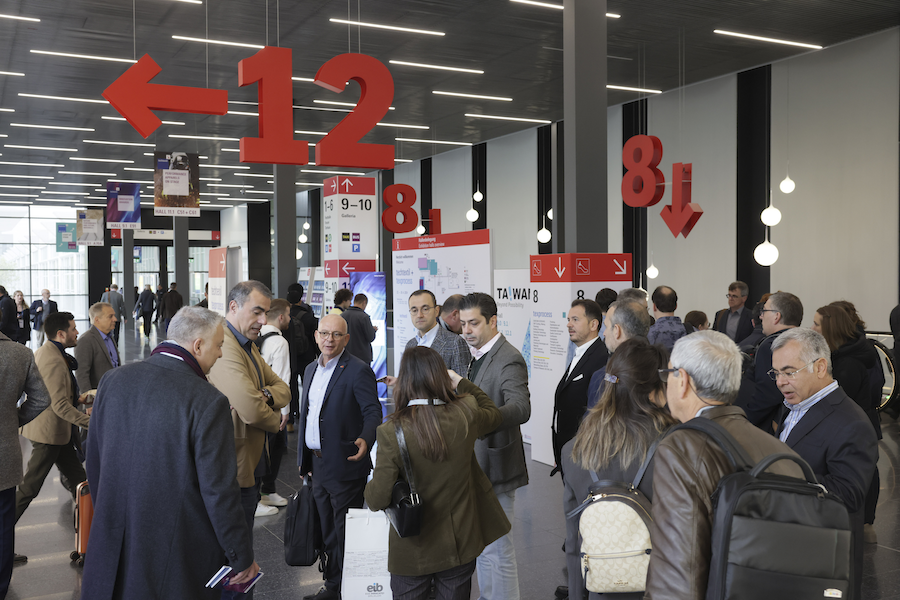#Recycling / Circular Economy
Borealis drives collaborative project in Sweden to increase supply of chemically recycled feedstock

Provided a successful feasibility study and final investment decision, operations are expected to begin in 2024. The unit will help accelerate the transformation to plastics circularity by enabling the replacement on a larger scale of fossil-based feedstock by integrating more chemically recycled feedstock via the mass balance model. Borealis Stenungsund has been ISCC PLUS certified since February 2021.
Borealis will also co-operate independently with Fortum Recycling and Waste on a project involving the sourcing of plastic waste to the chemical recycling unit; Fortum will apply for public funding for a feasibility study to this end.
Advancing plastics circularity with chemical recycling
As a complement to mechanical recycling, chemical recycling has an important role to play in closing the material loop on plastics circularity. This is because plastic waste streams of lower quality can be recycled chemically into high-quality base chemicals (including olefins) and polyolefins. In fact, olefins produced from chemically recycled synthetic crude oil offer the same high quality as olefins produced from fossil fuel-based crude oil. This allows for the production of high-end polyolefin-based applications. These include healthcare and food packaging materials subject to stringent quality and safety regulations which cannot always be met by mechanically recycled materials.
Borcycle™ C is the driving force behind Borealis endeavours in chemical recycling. Along with Borcycle™ M – in which “M” stands for mechanical recycling – it forms the of all-round solutions for plastics circularity based on the technology suite Borcycle™ launched in 2019. Borcycle™ is transformational because it gives post-consumer plastics a new life; it continues to evolve thanks to innovation and value chain co-operation. Borcycle also is part of the and its ambition for accelerating action on circularity.
The chemical recycling feasibility study is being carried out with Stena Recycling, the leading recycling company in northern Europe and expert in the development of sustainable circular solutions in all types of operations. A grant has been received from the Swedish Energy Agency to co-fund the study, which will evaluate the optimal technology for the chemical recycling unit and its integration in the Cracker at the existing Borealis production site in Stenungsund. Stena Recycling shall recover plastic waste and, after sorting to remove materials suitable for mechanical recycling, will deliver it to the new chemical recycling unit to be built by Borealis. Stena Recycling plans to invest in their own facilities to enable circular plastic solutions by producing feedstock of plastic waste to Borealis.
Fortum Recycling and Waste, a leading provider of recycling and waste management services in the Nordics, is also applying for public funding to carry out a feasibility study. The study would define the technical requirements for the pre-treatment of plastics, quality control, and the sourcing of suitable materials. It should also determine the necessary requirements for permitting and investments with the aim to produce feedstock from plastic waste to Borealis chemical recycling unit. This integration of waste management and processing directly into a steam cracker would be one of the first of its kind. Once operations commence as expected in 2024, Borealis would operate the unit.
“Borealis has set ambitious circular economy goals as part of our commitment to re-inventing for more sustainable living,” says Martijn van Koten, Borealis Executive Vice President Base Chemicals and Operations. “The integration of Borcycle C into our cracker in Stenungsund, Sweden is a clear example of our circular efforts: built on innovation and collaboration, it enables us to supply sufficient amounts of chemically-recycled base chemicals and polyolefins to the market.”
“In the true spirit of EverMinds we accelerate action to plastics circularity through collaboration,” says Lucrèce Foufopoulos, Borealis Executive Vice President Polyolefins, Innovation & Technology and Circular Economy Solutions. “The cooperation with Stena and Fortum allows us to offer our customers and partners virgin-like polyolefins from chemically recycled post-consumer waste.”
“The project we are carrying out together with Borealis at Sweden's first plastic recycling hub is a very exciting and important step in increasing the proportion of recycled plastic,” says Martin Leander, Head of Commodities, Stena Recycling. “Through this co-operation we can contribute to increased material recycling and reduced climate impact by chemically recycling plastic waste that is currently incinerated. Plastic is an important material, and we now have additional opportunities to help our customers find circular solutions.”
“Fortum is driving the transformation to a low-emissions energy system and optimal resource efficiency. Key parts of that development is creation of CO2 neutral feedstock where harmful substances are removed. Cooperation with industrial partners is core in Fortum´s working model,” says Christian Helgesson, CEO, Fortum Recycling and Waste. “Working with like-minded partners such as Borealis is the best way to accelerate the change. We are convinced that smart and collaborative solutions will improve resource efficiency.”
















